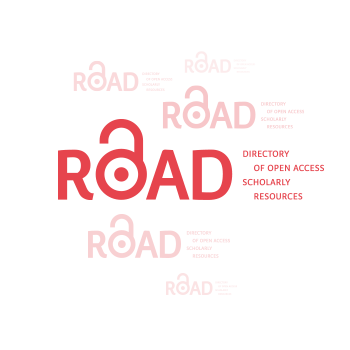Editorial Board Guidelines
These guidelines outline the crucial roles and responsibilities underpinning an Editorial Board's function. The Editorial Board is an indispensable and esteemed asset for any academic journal, ensuring the publication's integrity, accuracy, and overall excellence. This Board typically comprises a diverse and skilled group of individuals, including the publisher, Editor-in-Chief, Editorial Manager, Assistant Editor, and Content Editor.
The Editorial Board is a vital and highly respected entity within an academic journal, responsible for maintaining the publication's integrity, accuracy, and overall quality. It usually consists of diverse, skilled professionals.
Manuscript Evaluation and Selection: A primary task of the Editorial Board is to decide which of the submitted articles will be published. The Board conducts a critical evaluation and selection process based on the manuscript's relevance, originality, and research quality. The aim is to ensure the selected articles align with the journal's scope and add value to its readership's knowledge.
Defining Editorial Policy: The Board plays a crucial role in shaping the journal's editorial policy, strategic direction, and scope. This responsibility includes ensuring the journal's high standards through a rigorous peer-review, formulating ethical guidelines, and promoting research integrity best practices.
Journal's Representation: Editorial Board members serve as the journal's ambassadors, expanding its reach and influence within the academic community.
Managing Conflicts of Interest: The Board actively manages potential conflicts of interest, ensuring unbiased decision-making in the best interest of the academic community.
Identifying Emerging Trends: The Board contributes to the journal's continual development by identifying emerging topics and trends in their respective fields, ensuring the journal remains current and relevant.
Support to the Editor-In-Chief: The Editorial Board provides multifaceted support to the editor-in-chief, including advice on contentious issues, input on journal policies and practices, and offering expertise on specific manuscripts or within their fields of research.
Upholding Journal's Reputation: The role of the Editorial Board in bolstering and enhancing the journal's reputation is paramount. Their commitment to quality, dedication to scholarly excellence, and collective expertise substantially contribute to advancing their fields and the broader scientific community.











